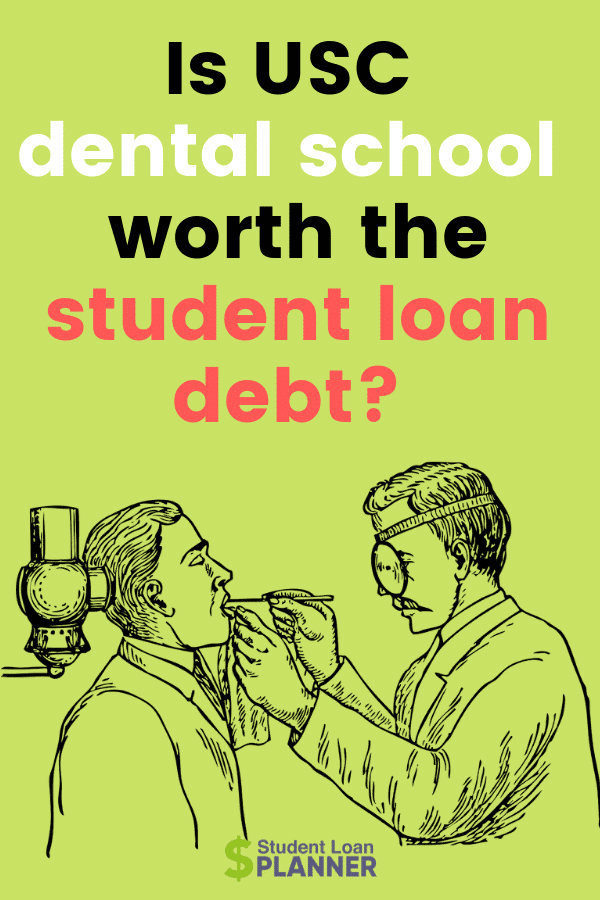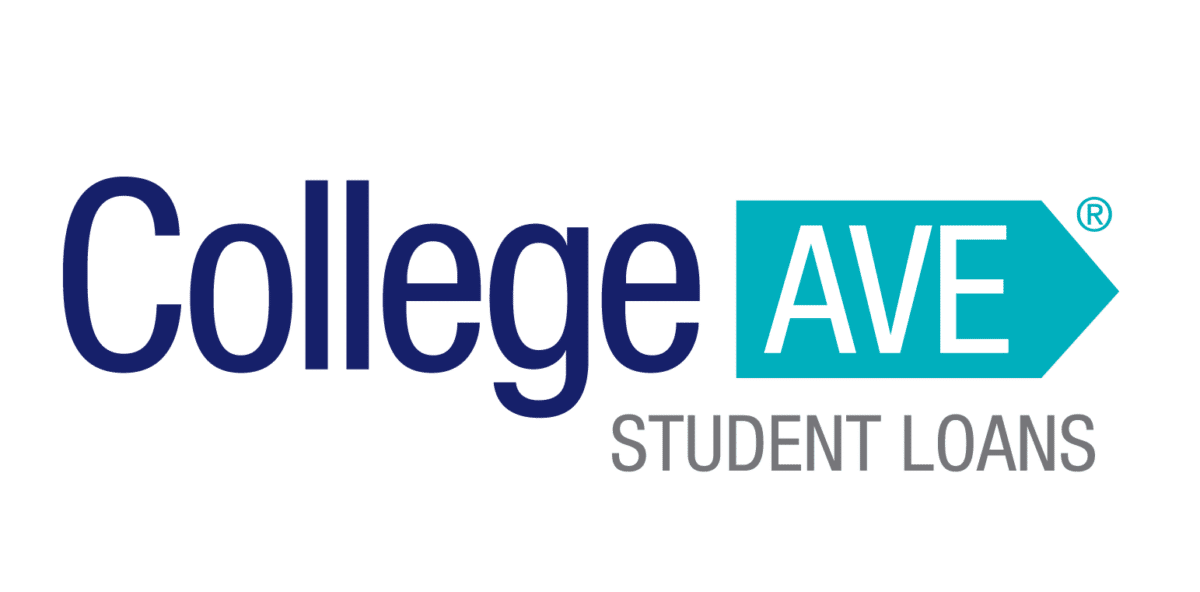
According to the American Dental Association (ADA) 2017-18 Survey of Dental Education, the Herman Ostrow School of Dentistry of the University of Southern California is the second most expensive institution in the country to get your Doctor of Dental Surgery (D.D.S.) degree. Only the University of the Pacific is more expensive, and that’s because it’s a three-year program instead of four years like USC.
When you factor in the longer program length along with a year of lost salary compared to Pacific, the USC dental school has a claim as the most expensive dental school in America.
We’ve seen media stories about how one USC dental school grad owed over $1 million in student loans. Unrelated to the dental school educational quality, Homayoun Zadeh, former chair of the USC periodontology department, was recently charged in the FBI’s Operation Varsity Blues for paying a $100,000 bribe to get his child into undergrad at USC.
However, I also want to praise the USC dental school. According to my sources, USC’s financial aid office has done a good job of informing students they’ll need to rely on income-driven repayment programs and forgiveness after graduation.
It’s one thing to be expensive and pretend like the students pay the debt off, as the New York University dental school has done in the past. However, the Ostrow School of Dentistry seems to try to paint an accurate picture of what a large debt requires.
While I’ve seen at least one dentist from USC attempt to pay off her loans in full, I would generally not recommend that. Here’s what the cost of Herman Ostrow School of Dentistry of USC could look like and how to handle it.
Get Started With Our New IDR Calculator

USC dental school tuition over time
USC has been expensive for a long time. But now it’s in the exclusive club of dental schools approaching $100,000 in yearly tuition. Keep in mind this does not include fees, instruments, books or living costs. It also does not include finance charges. This is just published tuition.
I pulled the numbers up to 2017-18 school year from the ADA. I got the 2018-19 numbers from USC’s website.
| Year | Ostrow School of Dentristry first-year tuition |
|---|---|
| 2007-2008 | $63,652 |
| 2008-2009 | $66,991 |
| 2009-2010 | $69,657 |
| 2010-2011 | $71,778 |
| 2011-2012 | $74,259 |
| 2012-2013 | $75,651 |
| 2013-2014 | $80,253 |
| 2014-2015 | $83,826 |
| 2015-2016 | $87,108 |
| 2016-2017 | $90,629 |
| 2017-2018 | $94,300 |
| 2018-2019 | $94,419 |
USC's dental tuition growth has been slower than many dental schools. But that's because the Ostrow School of Dentistry has been expensive for a long time.
Projected cost of USC Dental School
Here’s the estimate of costs of attending USC dental in each year according to the school website. I don’t know why the estimate is so low for year 4, but I’m just using the numbers they posted. The only estimate I made here was their parking pass fee per trimester.
| School-estimated cost at USC Dental | Class of 2022 |
|---|---|
| Year 1 | $143,891 |
| Year 2 | $136,739 |
| Year 3 | $133,721 |
| Year 4 | $100,537 |
| Total | $514,888 |
The school does not add in the full impact of loan fees, tuition inflation or the most significant cost of all: accrued interest growth during school.
The rule of thumb that I’ve found works well is multiplying the school estimated total cost of attendance by 1.25 to get an estimate of what debt you’d leave USC dental school with in 2022.
So, take $514,888 x 1.25 and that’s a Student Loan Planner®-estimated USC dental student loan debt burden of $643,610. Did I mention that doesn’t include whatever debt you borrowed for undergrad?
Practice Loan Quote Form

Is going to USC dental school a good decision?
Many dental students who go to the Ostrow USC dental school will want to go into a dental specialist or residency program. That means they might need to borrow even more debt. At a minimum, an Advanced Education in General Dentistry (A.E.G.D.), General Practice Residency (G.P.R.) or other dental specialist residency would add years of accrued interest growth.
Is that amount of debt worth it for a degree that’s expected to pay a starting salary of $120,000 to $140,000?
What if you take out an additional $300,000 of debt to become an orthodontist or other specialist and leave training with over $1 million in student loans alone?
By traditional metrics, the clear answer is no, going to USC dental school is a terrible financial decision.
One Beverly Hills grad spoke to the highly-competitive market for dental services in the Los Angeles area to me. “Three bad Yelp reviews would end my practice,” he says.
Meanwhile, grads starting practices or buying them in rural Texas have customers that just began using Facebook.
Yes, you’ll earn a low six-figure salary as a dental grad from USC. However, cracking $200,000 in total compensation will be very difficult. If your sole goal is maximizing your finances, you would probably be better off going to the Keck School of Medicine of USC instead and specializing in a surgical field.
Forgiveness turns a costly financial decision into a potentially great one
However, this is just assuming you actually need to pay back your debt.
If you use forgiveness instead, you’d pay 10% of your income for 20 to 25 years and then pay a tax bomb at the end of that period. You could save about $1,000 a month in VTSAX — an index fund — and likely be able to cover your tax bomb in 20 years. On top of losing 10% of your income, that’s a very reasonable cost.
Which of the two options would you rather have?
- 90% of $130,000 minus $12,000 ($1,000 a month set aside for the tax bomb)
- $60,000 with $30,000 of student loan debt in corporate America
If you’re choosing between only those two options, you’d rather have the first — unless you thought you were likely to become a CEO, high ranking executive or successful entrepreneur.
Additionally, you have the upside of owning your own practice as a dentist. Southern California is highly competitive, but you can take your degree anywhere as a dentist, so you’re not limited to that geographic area.
Hence, if you go to USC dental school, make sure you:
- Have a passion for dentistry
- Aren’t doing it for the money (because there are many easier ways to make money)
- Are comfortable using government forgiveness programs for at least 20 years
- Are not bothered by large debt levels
- Have an openness to being a practice owner one day (this helps to make the return on investment of your D.D.S. worth it)
If you owe $400,000 or more from USC dental school, we’d love to make a custom plan for your situation.
| Lender Name | Lender | Offer | Learn more |
|---|---|---|---|
| Sallie Mae |

|
Competitive interest rates.
|
Fixed 4.50 - 15.69%
Variable 6.37 - 16.78%
|
| Earnest |

|
Check eligibility in two minutes.
|
Fixed 4.67 - 16.15%
Variable 5.87 - 18.51%
|
| Ascent |

|
Large autopay discounts.
|
Fixed 4.09 - 14.89%
Variable 6.22 - 15.20%
|
| College Ave |

|
Flexible repayment options.
|
Fixed 4.07 - 15.48%
Variable 5.59 - 16.69%
|
Comments
Comments are closed.

It was worth it for me! I went to Usc for dental school and then completed my pediatric residency there as well. I’ve been working as an associate in Southern California for over four years and I just made my last payment a couple months the ago. I had about 390k in debt (I didn’t take out the max during my time in school). I worked between multiple offices and picked up as many Saturdays as I could. Of course I was very conservative with my spending and I lived at home with my parents for about three years. And I was able to save for retirement too. Just wanted to make an example that it is possible to pay it off and for me going to USC and getting both my dental and specialty degree was worth it.
It’s telling that you had to sacrifice that much to be able to pay off the debt I’d say. But if you had borrowed more, going to USC dental would still be worth it as long as you’re ok with 10% of your income going to loans + 5% for the tax bomb for 20 years post graduation compared to what you would’ve made w your undergrad degree.